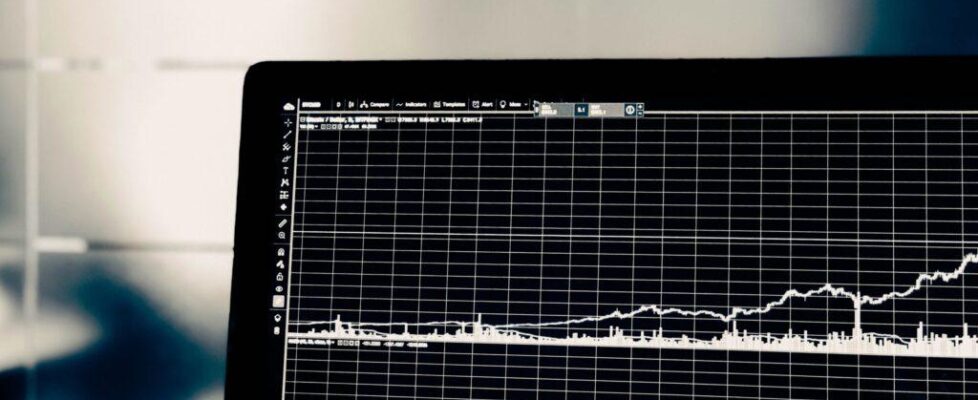Breakwater Trading abandons spoofing case against JPMorgan
Judge Paul A. Engelmayer of the New York Southern District Court has dismissed all claims brought by Breakwater Trading in a spoofing case targeting JPMorgan.
On Monday, October 26, 2020, the Judge said the Court had received a notice of voluntary dismissal on behalf of two plaintiffs in this litigation, Breakwater Trading LLC and Endeavor Trading, LLC. Hence, the Court dismissed all claims brought by these two plaintiffs without prejudice.
The notices of voluntary dismissal filed by Breakwater Trading LLC and Endeavor Trading, LLC about two weeks ago do not specify any reason for their decision.
Let’s recall that the case was launched in May 2020. Breakwater Trading LLC , a liquidity provider for Treasuries, brought the action pursuant to Rule 23 of the Federal Rules of Civil Procedure on its own behalf and as representatives of the following Class:
“All persons or entities who transacted in Treasury Futures or options on Treasury Futures traded on a United States exchange during the period January 1, 2009 through the present (the “Class Period”), where such persons or entities were domiciled in the United States or its territories. Excluded from the Class are the Defendants and any parent, subsidiary, affiliate, employee, agent or co- conspirator of any Defendant.”
The defendants are JP Morgan Chase & Co., JP Morgan Clearing Corp., JP Morgan Securities LLC, JP Morgan Securities LLC, and John Does 1-25. The plaintiffs accuse the defendants of unlawful and intentional manipulation of U.S. Treasury futures contracts and options on those contracts that trade on United States-based exchanges.
Throughout the Class Period, JPMorgan is alleged to have routinely engaged in spoofing at the expense of the plaintiff and the class, successfully manipulating the Treasury Futures trading market to benefit their own trading positions.
In particular, the defendants are accused of having perpetrated a sophisticated manipulative scheme in which they injected materially false and illegitimate signals of supply and demand into the Treasury Futures market in order to:
- (a) induce other market participants to trade against Defendants’ genuine orders (i.e., orders that Defendants did want to execute) on the opposite side of the market from the spoof orders at prices, quantities, and times at which Plaintiff and other market participants otherwise would not have traded, and
- (b) financially benefit the defendants.
The complaint stated that the defendants routinely placed electronic orders to buy and sell Treasury Futures with the intent to cancel those orders before execution to make profits and avoid losses.
The defendants’ spoofing allegedly had effects in markets above and beyond those for Treasury Futures and options on those futures, as both algorithmic traders and others consider prices for Treasury Futures in assessing other investment products.
The latest Court filings indicate that JPMorgan will engage in settlement talks with the rest of the plaintiffs.





